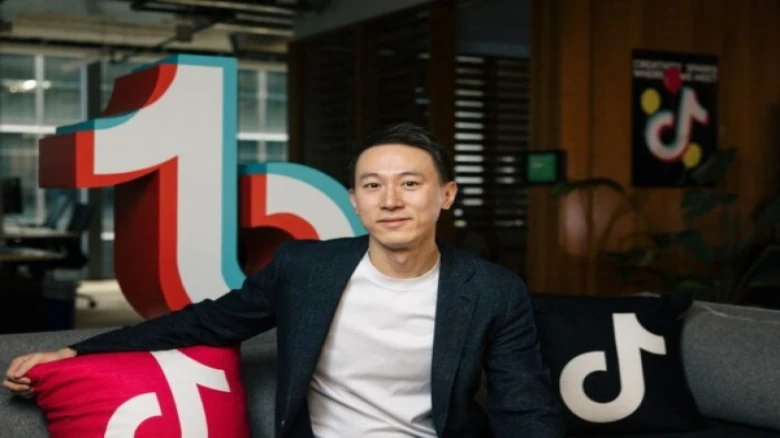On privacy and security concerns, India banned TikTok and hundreds of other Chinese apps, including the messaging app...
Digital Desk: TikTok CEO Shou Zi Chew appeared before the United States Congress amid mounting security concerns and alleged Chinese government influence over the company.
Chew faced tough questioning from the House Energy and Commerce Committee as he verbally danced to demonstrate that Facebook is taking "serious action" to address US national security concerns.
Chew repeatedly stated during a four-hour hearing that the TikTok app, which is owned by the Chinese technology company Bytedance, has long maintained that it does not share data with the Chinese government and does not pose a risk to its 150 million US users, nor does it share their data with the Chinese Communist Party (CCP).
During her line of questioning, US Representative Debbie Lesko mentioned India and other countries that have lately outlawed TikTok in some form.
"TikTok is a tool that is ultimately controlled by the Chinese government and shouts out with national security issues." How can all of these countries, as well as our FBI director, be wrong, Mr Chew? Lesko questioned.
"I believe many of the concerns mentioned are hypothetical or theoretical. I haven't seen any evidence," Chew stated.
A Forbes report published on March 21 exposed how the data of Indian nationals who used TikTok remained available to staff at the company and its Beijing-based parent. According to a current TikTok employee, anyone with basic access to company tools may quickly check for the nearest contact and other sensitive information about any user "Lesko notified her coworkers.
"This is a recent piece, and I have requested my team to investigate it. We have rigorous data access protocols. There is no such thing as someone having access to the tools. As a result, I disagree with many of the conclusions "Chew replied.
On privacy and security concerns, India banned TikTok and hundreds of other Chinese apps, including the messaging app WeChat, in 2020. The restriction was imposed soon after a skirmish between Indian and Chinese troops at LAC, which killed 20 Indian soldiers and injured dozens more. The companies were allowed to reply to privacy and security questions, but the ban was rendered permanent in January 2021.
"You damn well know you can't protect the data and security of this committee or the 150 million users of your app because it's an extension of the CCP," Florida lawmaker Kat Cammack notified Chew after watching a threatening video that remained on the platform more than a month after it was posted, despite community guidelines prohibiting violence or threats.
TikTok's CEO was unable to "100% promise" that Beijing was not influencing aspects of the app when asked during a congressional hearing by Republican Representative Cathy McMorris-Rodgers. Chew stated that the firm is committed to protecting U.S. user data from "any unauthorised foreign access" and to keeping content "free from any government influence."
Another New Jersey lawmaker raised doubts about TikTok's security plans. "I still feel that the Beijing communist government will continue to control and influence what you do," he continued, dismissing TikTok's attempt to depict itself as "a benign corporation that's just delivering a public service... I don't buy it."
China repeatedly stated hours before the hearing that it would not oppose any forced sale of TikTok, with its Commerce Ministry stating that any sale would include the export of Chinese technology and would require approval from the Chinese government.
TikTok is already prohibited on federal government devices, including military equipment, and an increasing number of states in the United States are prohibiting it on state government devices.


Leave A Comment